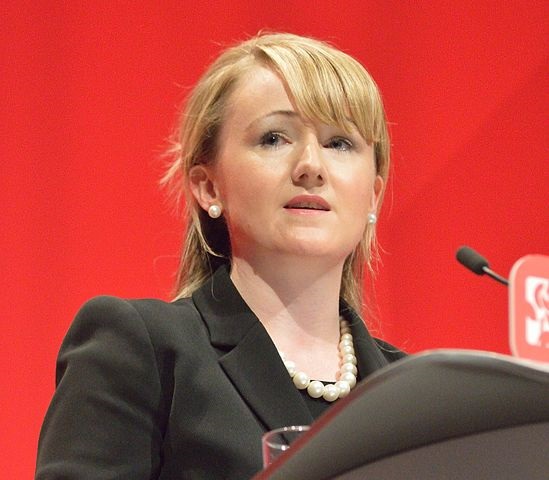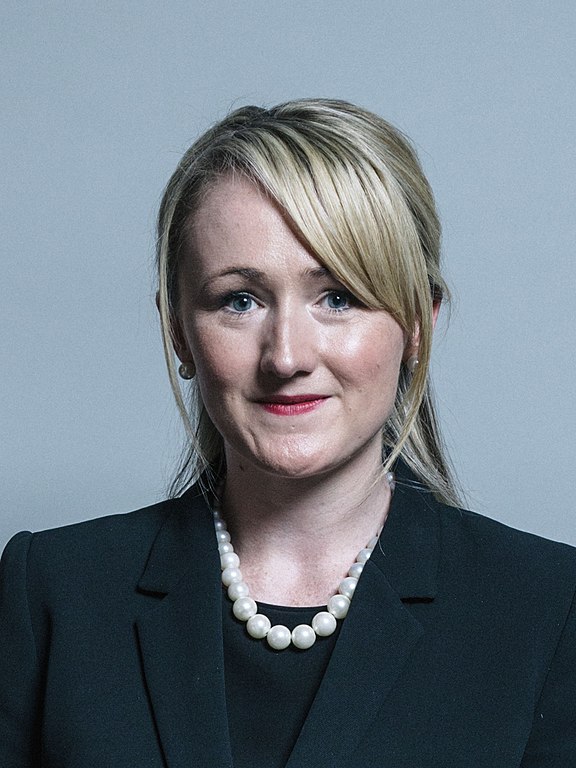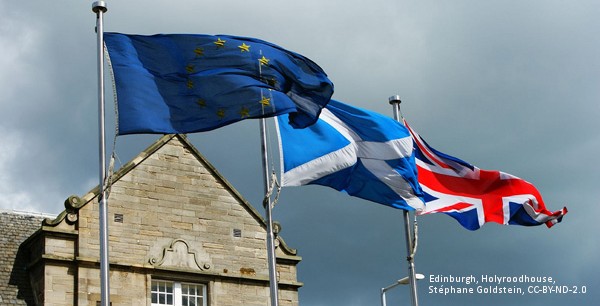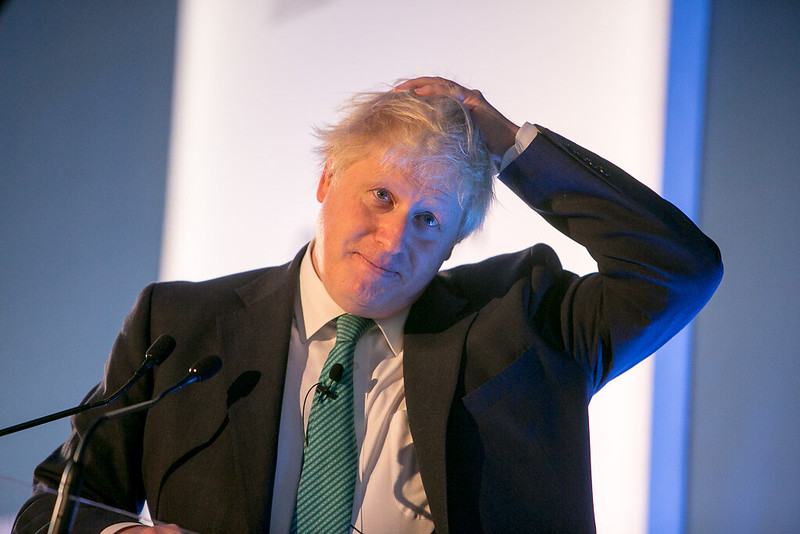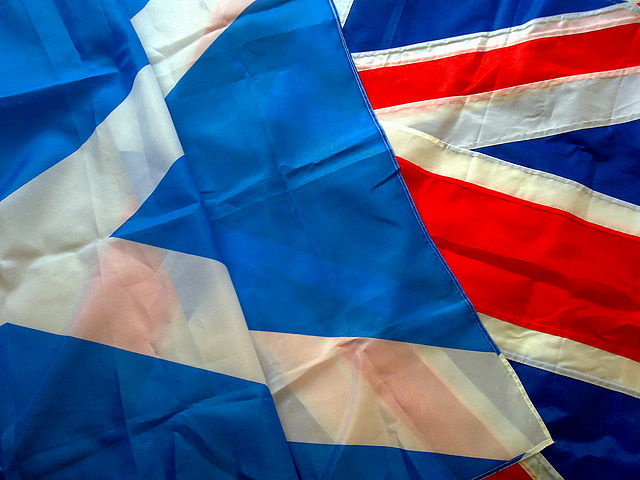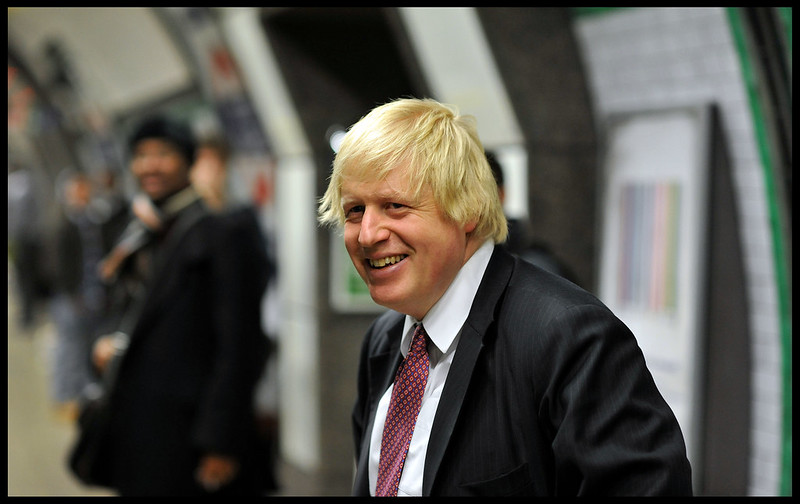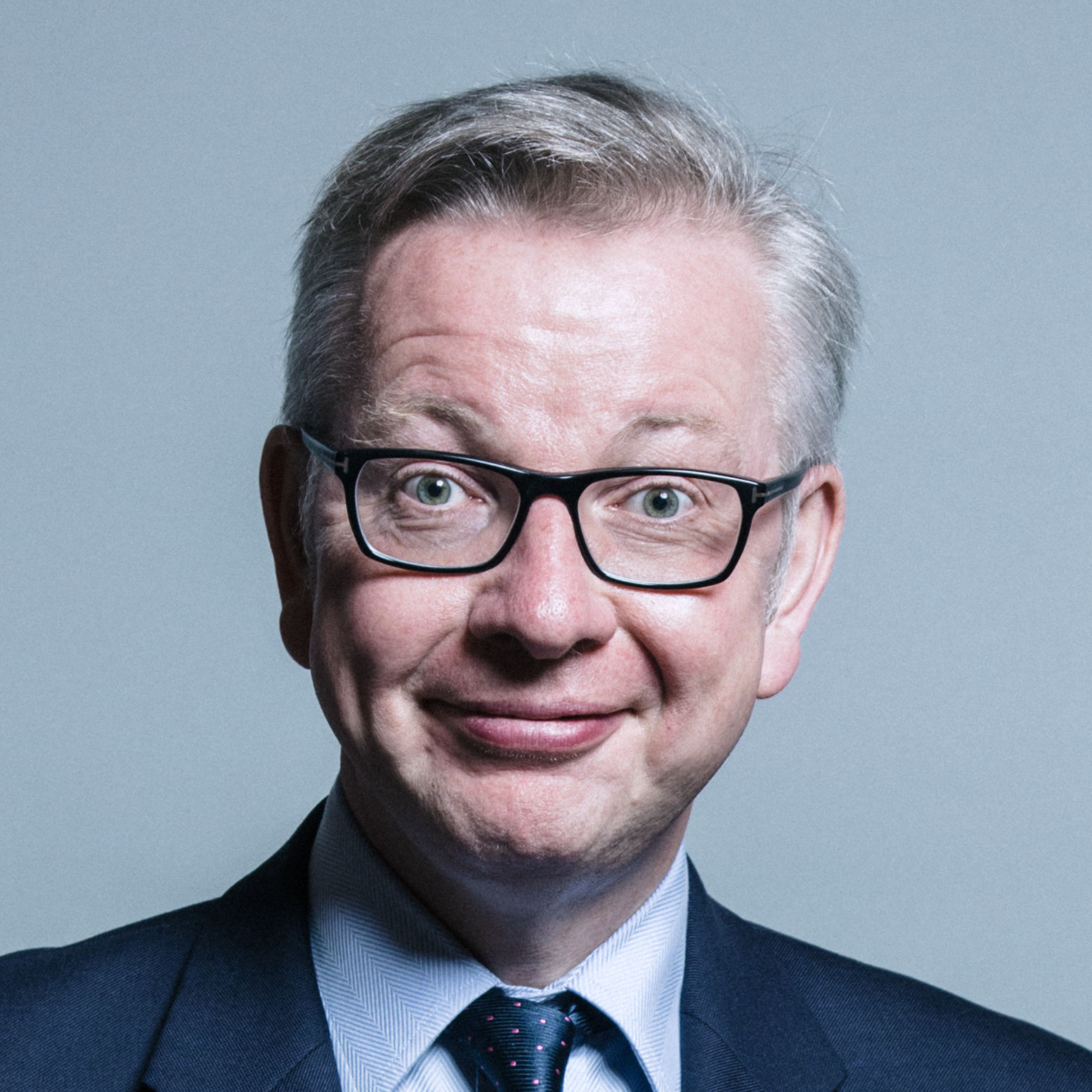7 June 2019 | ANALYSIS
Labour have gained the seat of Peterborough, having defeated Nigel Farage’s newly formed Brexit Party by 683 votes.
The constituency was made vacant following a successful recall petition of Fiona Onasanya. Onasanya was found guilty of perverting the court of justice. 27.64% of the electorate in Peterborough signed the petition, exceeding the 10% threshold needed to trigger a by-election.
Onasanya was jailed for three months after she lied to police about a speeding offence.
It was reported that turnout in Peterborough was 48.4 per cent. This was higher than the 35.6% turnout in the European elections, but also considerably higher than other recent by-elections. In the Newport West by-election in April, turnout was 37.1 per cent and in the Lewisham by-election last June, turnout was 33.3 per cent.
The results were as follows (change from 2017):
- Lisa Forbes – Labour – 10,484 – 30.9% – (-17.2%)
- Mike Greene – Brexit Party – 9,801 – 28.9% (+28.9%)
- Paul Bristow – Conservative – 7,243 – 21.4% (-25.5%)
- Beki Sellick – Liberal Democrats 4,159 – 12.3% – (+8.9%)
- Joseph Wells – Green Party – 1,035 – 3.1% (+1.3%)
- John Whitby – UKIP – 400 – 1.2% (+1.2%)
Speaking to BBC’s Andrew Neil on This Week, Ms Forbes claimed that Labour fought the elections on local issues as Peterborough had experienced massive cuts in education and policing, and that pride needed to be restored in the city. With regards to Brexit, she advocated that Labour respected the result of the referendum as the party triggered Article 50. Forbes articulated that she would vote for a deal that protects living standards, consumers and environmental standards. When pressed on a future second referendum, Forbes suggested that this was ‘way off’ at this juncture.
In 2017, Peterborough was a marginal constituency between Conservative and Labour, but this by-election emphasised that the Conservative Party faces electoral oblivion unless Brexit is resolved, either on the Tory Government’s terms or leaving without a deal. Compared to 2017, the Conservative vote share declined by a quarter, but it was not quite the catastrophe that the party experienced in the EU Parliament elections. The Conservative Party received 21 per cent of the vote, compared to the 11 per cent the party received in Peterborough two weeks ago. In fact, it could be argued that the performance of the Conservative Party in this election prohibited the success of the Brexit Party, by splitting the pro-Leave vote. The same argument could probably also be made in reverse.
The dynamics of the Tory leadership contest have not changed. The success of the Brexit Party in any electoral arena will drive Conservative leaders towards embracing a no-deal Brexit, irrespective of whether this type of Brexit is deliverable. If Brexit is not resolved by the next general election, it is perfectly foreseeable to envisage the Brexit Party coming second in many marginal constituencies ahead of the Conservative Party, which would usher in Prime Minister Corbyn. Boris Johnson could easily use the outcome of the by-election to claim that he would be able to ‘shoot the Brexit Party fox’, with a no-deal Brexit appealing to disgruntled Tory eurosceptics. This could be the recipe for defeating Labour in such marginals.
The argument that little has changed is the key soundbite from this election. Peterborough voted 61-39 in favour of leaving the EU in 2016; albeit difficult to tell due to the lower turnout, the outcome of this election does not provide evidence of any shift towards Remain. The Liberal Democrats experienced a minor increase compared to 2017, but the party was squeezed as the election was contested under first-past-the-post. Their relatively small gain did not change the complexion of the by-election.
This election was always between Labour and the Brexit Party. Emily Thornberry, Shadow Foreign Secretary, believed that Labour should move towards a second referendum despite the staunch reluctance of Jeremy Corbyn and Seumas Milne. Labour’s policy of constructive ambiguity was successful in this case as Forbes championed local politics, as opposed to having Brexit dominate the discourse ahead of the election. Unlike in the European elections, Labour support did not haemorrhage, meaning in the short-term, Corbyn does not need to make a drastic announcement in relation to a second Brexit referendum. Labour’s next steps and approach in trying to avoid a no-deal Brexit on Halloween will be determined at their party conference in September.
Momentum was with the Brexit Party – having won the EU Parliament elections, amassing 38.3 per cent of the vote in Peterborough two weeks ago. The Brexit Party’s inexperience and under-developed political machine proved detrimental in the final days of campaigning as Labour’s ground team mobilised, knowing the seat was genuinely under threat. The result in Peterborough was similar to the Eastleigh by-election result in 2013 which saw UKIP cement itself as a protest party, capitalising on mid-term disillusionment of the coalition and ultimately forcing Cameron to offer a referendum on EU membership ahead of the 2015 General Election.
While it is merely speculation now, the Brexit Party may have won the election if they had listed some policies or pledges, instead of espousing the overarching and convenient narrative that the two mainstream parties had betrayed the voters. Michael Greene outlined four pledges for Peterborough – all of which were vague as he advocated to ‘prioritise schools, further education, housing and jobs’. He tapped into legitimate societal grievances, but failed to provide any detail.
This by-election was a reminder for the Brexit Party that the rhetoric of protest and betrayal, which underpins their sole policy – to leave the EU without a deal – would not suffice in the context of Westminster elections. A local campaign is the key to success in by-elections; the Conservatives achieved 21 per cent of the vote, which was in part, a consequence of Paul Bristow’s personal competence. Brexit did not dominate Bristow’s campaign as he referred to issues such as potholes, housing and crime, but he related the issue of EU withdrawal to the people of Peterborough and how Brexit could be of benefit to the city.
If the Brexit Party is indeed serious about winning Parliamentary seats, it might do well to follow this example. To found a political party based on negative emotion – anger, hurt, betrayal – and then to combine this with a goal that would in principle be achievable only in the short term, may not be a recipe for success.







